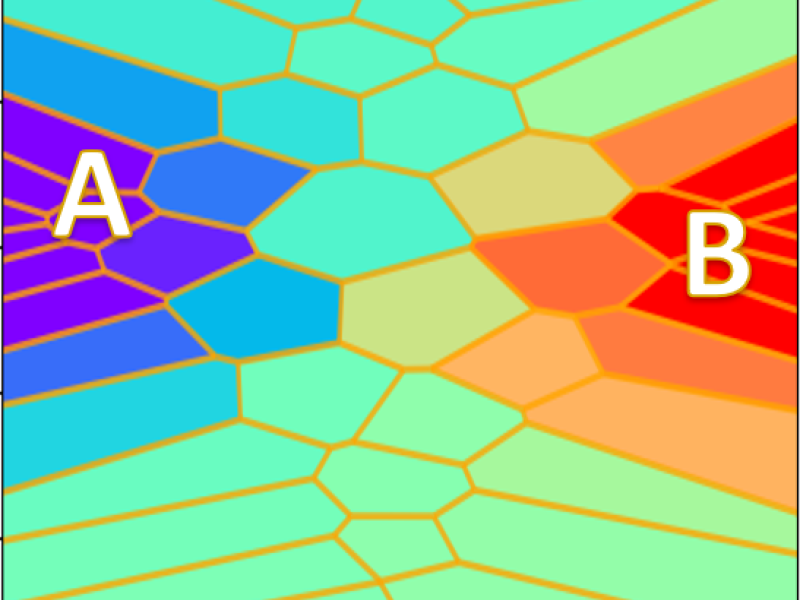One of the challenges of modeling social complex systems is the creation of adequately realistic human agents in order for realistic patterns to emerge from the simulation. In this project we are interested in incorporating psychological theories into the formulation of more socially realistic agent-based models, e.g., for studying the emergence of exclusionary attitudes and opinion polarization in liberal democracies.
To better understand these complex systems, we consider their stability and tipping behaviour, where tipping refers to the systems’ drastic transition from one rather stable regime to another stable regime possibly due to an external forcing. Our specific interest then lies in the study of changes in the stability of a system under perturbations and the analysis of internal and external variables that render a social complex system more resilient to tipping, but also the analysis of the possible tipping paths and how the likelihood of a tipping event can be influenced.
